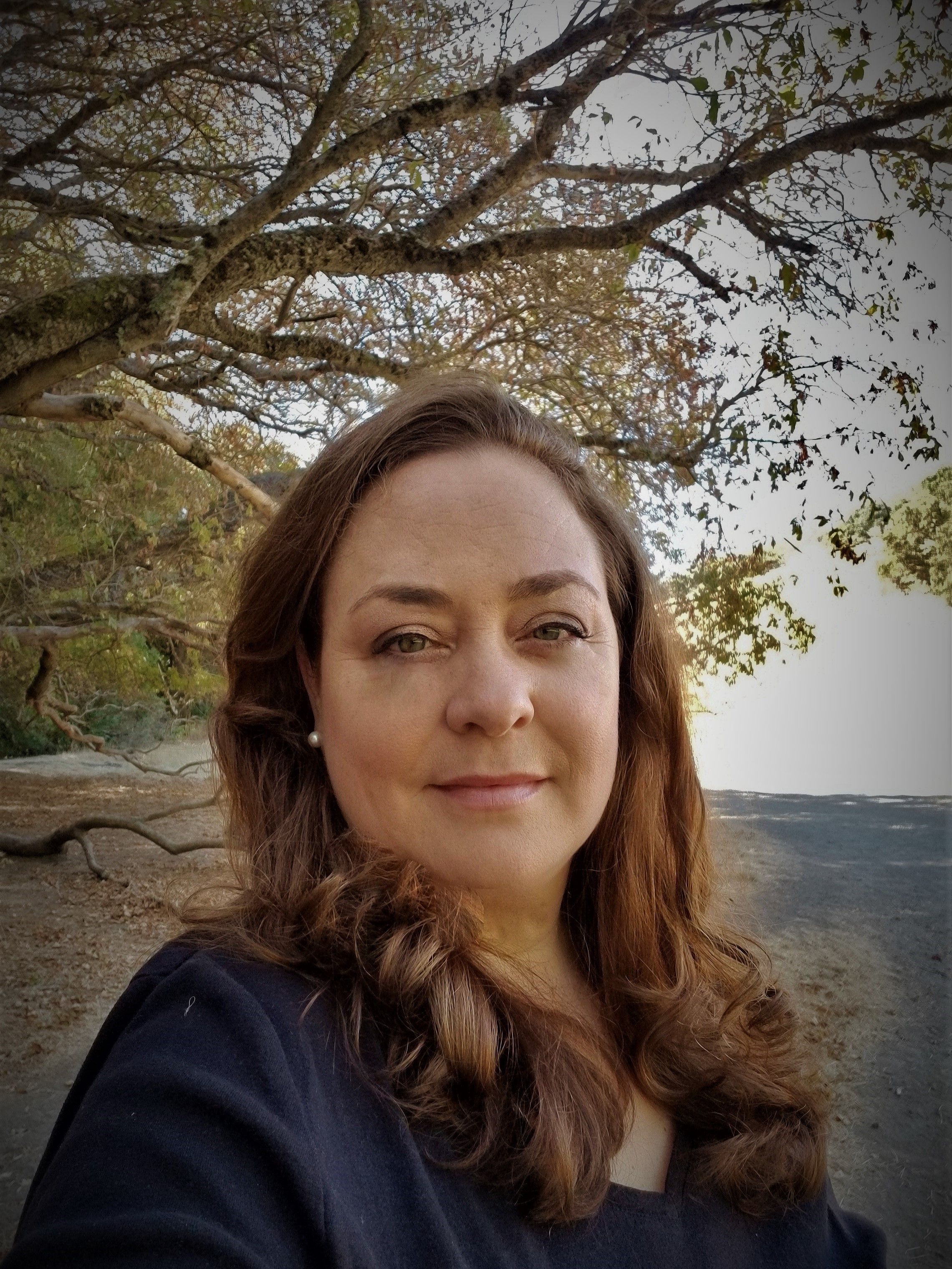Opinion: DoNotPay Controversy Illuminates Urgent Need for Regulatory Reform

DoNotPay, which advertises itself as “the world’s first robot lawyer” is at the center of a controversy about how legal services are provided and who (or what) may be permitted to provide those services. Although the DoNotPay controversy has triggered much debate on the substance of UPL law, it also illuminates the urgent necessity for a regulatory process that can proactively protect consumers.
In nearly every state, the current system for regulating legal service providers relies primarily on UPL laws to police the provision of legal services. This system only catches wrongdoers after they’ve caused harm. This model is an outlier among service industries.
Imagine, for example, if restaurants didn’t have regular inspections to ensure they were compliant with regulations that protect the health and safety of their customers. What if they were licensed to operate in perpetuity as long as the cooks had passed a licensure exam for preparing and serving food to patrons, and regulatory enforcement only occurred as a result of enforcing the prohibition of unlicensed cooks? It might take an outbreak of food poisoning to trigger enforcement, and even then, if the cooks were all licensed, there would be little that regulators could do to make the restaurant safer for its patrons.
In 2020, Utah took a huge step for consumer protection by establishing a “regulatory sandbox” for innovative legal service providers. Companies participating in the sandbox submit to ongoing evaluation of the risk of consumer harm from their business model. In exchange, they are exempted from regulations such as UPL that could hinder their ability to innovate.
By regulating the business that provides legal services, not only the individuals who work within that business, Utah has provided an extra level of protection to consumers. Regulators are able to identify high-risk activity from sandbox applicants and apply appropriate safeguards to minimize the risk from such activity. Furthermore, because the regulation is not binary, like lawyer licensure, regulators have options beyond the nuclear option of pulling a license, they can work with companies to fix practices that are harming consumers.
Consumers benefit far more from businesses that are prompted by regulators to fix problems than they do by having those businesses shuttered. The evidence from Utah backs this up. Independent audits of “moderate-risk” businesses in the sandbox found that the services provided were at least satisfactory and that there was no evidence of harm to consumers. In addition, the rate of complaints from customers of sandbox companies has been infinitesimal—one per every 3,634 services delivered.
This sort of proactive regulation would have prevented misconduct of the type alleged against DoNotPay well before it could cause significant harm to consumers . Regulators would have assessed its service delivery model before approving it and would have identified flaws before it could begin operation. And if the business had been approved to operate, a significant level of consumer complaints would trigger additional review from regulators with the goal of preventing similar harm from occurring in the future.
Lawyers and others are increasingly using technology and complex systems to provide mass legal services at more affordable rates. Our system of regulating legal services must keep pace by shifting to a model that can evaluate those systems holistically and that focuses on preventing consumer harm as the overarching goal. Relying only on bright-line rules about who can provide legal services will leave an increasing number of services outside the sphere of professional self-regulation, and will leave consumers of legal services with fewer thoroughly-vetted service providers to choose from.

